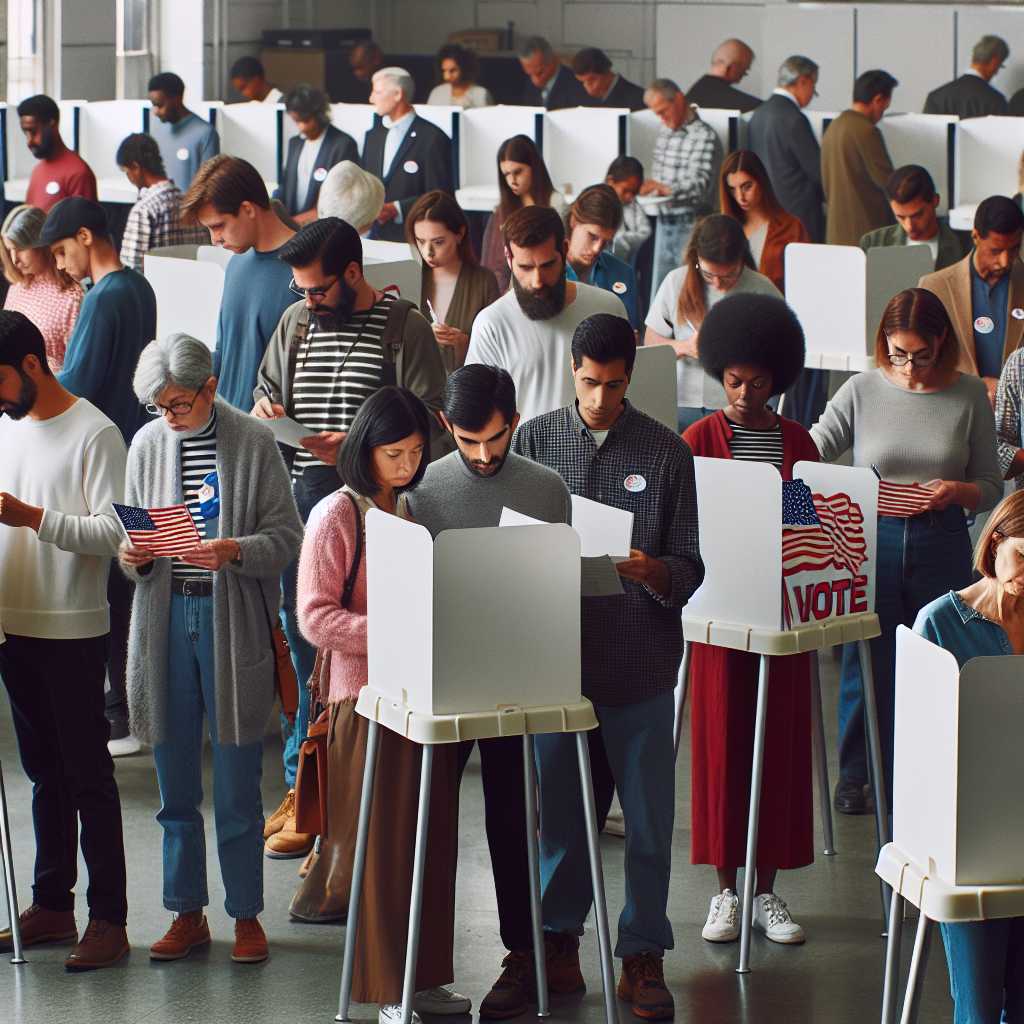The Importance and Process of Election Day in Modern Democracies
Election Day is a crucial event in the functioning of democracies worldwide. It’s the designated day when citizens exercise their voting rights to elect government officials, who in turn shape policy and governance for a set period. The lead-up to Election Day is filled with campaigning, debates, and public discourse. On this day, the electorate’s voice transcends individual opinion to become the collective directive for the nation’s future.
Understanding Election Day: A Day for Civic Duty
Election Day represents an apogee of democratic practices. It signals the culmination of political campaigns and often serves as a judgment on the current administration’s performance. While Election Days vary around the world, countries often establish consistency in scheduling to enhance public awareness and participation and ensure stability in governmental transition processes.
Pre-Election Day Preparations: Setting the Stage for Voters
Prior to Election Day, numerous preparations take place, including voter education and registration drives. Electoral agencies work on logistics such as polling places, ensuring accessibility, safeguarding election integrity, and training review of poll workers. Political parties intensely focus on platform dissemination, rallying voter support through persuasive outreach efforts.
On the Ground: The Election Day Experience
Voting venues are typically schools, community halls, or other public spaces that transform into polling stations. Voters may encounter ballots for various offices like presidency, congress or parliament seats, and local positions like mayoralties or council roles depending on the election cycle. The process encompasses verifying voter eligibility, ensuring privacy for voters to cast their choices, and subsequently managing ballot security until counting.
Vote Counting and Results: The Pulse of Democracy
When polls close, the careful process of counting begins. This can be immediately done at polling stations or tallied centrally. Technology plays a role with electronic voting machines and digital tabulation; however, paper ballots remain prevalent globally due to their traceability and resistance to cyber threats. Regardless of the system used, transparency and accurateness are paramount.
Impact and Repercussions: Understanding Election Outcomes
The results of election night often reverberate beyond borders. Implications emerge domestically in policy directions and governments’ philosophical shifts. Internationally, election outcomes affect geopolitical world orders as allies and adversaries alike scrutinize new leadership dynamics within sovereign states.
Public Perception and Participation: Reflections on Voter Turnout
Research has indicated that voter turnout — the percentage of eligible voters who cast a ballot — is a health indicator of democracies. High turnouts are seen as evidence of robust engagement, whereas low turnout might suggest disenchantment with the electoral process or societal barriers preventing participation.
Legal Frameworks Ensuring Fair Elections: Safeguarding Integrity
Democracies tend to codify rights and regulations concerning elections into law to establish fair practices. International bodies, like the United Nations (UN), also generate guidelines aimed at protecting the integrity of electoral systems.
Challenges Facing Election Day: Obstacles and Adaptation
Despite its importance, Election Day isn’t without controversy or logistical hurdles—fraud allegations, suppression claims, systemic disenfranchisement niches remain persistent issues requiring vigilance and reform. Moreover, new challenges like cyber intrusions into election infrastructure have spurred added emphasis on cybersecurity measures.
The Evolution of Election Day: Trends towards Inclusivity and Adaptability
In modern times, democracies continually strive towards making Election Day more inclusive through measures like mail-in ballots, early voting provisions, online registration portals, etc. Accessibility enhancements for people with disabilities also represent a focus area.
Notes
Image description: A bustling polling station with individuals casting ballots in private voting booths. In the background there are volunteers guiding voters while ensuring protocols are followed. The atmosphere is focused yet indicative of a community participating in a collective civic duty.
